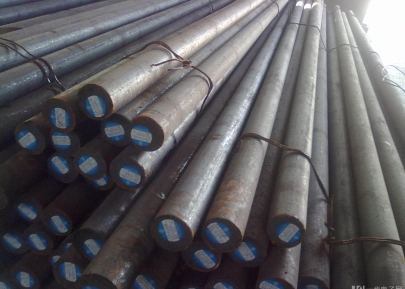In the world of pottery, achieving the perfect finish is paramount. As a pottery enthusiast, you may have encountered the challenges presented by slip casting molds during the crafting process. One of the best-kept secrets among skilled potters is the use of water-based lubricant spray. This guide will explore the advantages of incorporating this tool into your pottery routine, enhancing your slip casting experience and elevating your results.
What is Slip Casting?
Slip casting is a technique where liquid clay, or slip, is poured into a mold to create pottery shapes. This method is not only efficient for producing ceramics in large quantities but also allows for intricate designs and finer details. To ensure the slip can be successfully removed from the mold without damage, proper lubrication is essential.
Benefits of Using Water-Based Lubricant Spray
- Easy Application: Water-based lubricant spray can be easily applied to molds without any mess, ensuring an even distribution.
- Reduced Friction: The lubricant reduces friction between the mold and the clay, which helps in minimizing any possible damage to either component.
- Efficient Releasing: Using lubricant enables the slip to release from the mold more easily after it has set, resulting in cleaner edges and surfaces.
- Less Surface Imperfections: A smooth release leads to fewer imperfections on the final product, providing a higher-quality finish.
- Environmentally Friendly: Water-based lubricants are less harmful to the environment compared to oil-based alternatives.
How to Use Water-Based Lubricant Spray on Slip Casting Molds
- Ensure the mold is clean and free of any residues from previous casts.
- Shake the water-based lubricant spray well before use.
- Evenly spray a light layer of lubricant onto the inner surfaces of the mold.
- Allow the lubricant to settle briefly before pouring in the slip.
- After the casting process, let the piece set to the desired firmness before removing it from the mold.
Choosing the Right Water-Based Lubricant Spray
When selecting a lubricant spray for your slip casting molds, consider the following:
| Feature | Importance | Recommendation |
|---|---|---|
| Eco-Friendly Ingredients | Safe for the environment and minimizes health risks | Opt for brands that advertise non-toxic formulations |
| Ease of Application | Ensures a smooth and even coating | Choose sprays with fine mist capabilities |
| Drying Time | Affects how quickly you can start casting | Look for quick-dry formulas |
| Slip Compatibility | Affects release of the clay from the mold | Test the lubricant with your specific slip |
Tips for Maximizing the Use of Lubricant Spray
Maintain Your Molds
Proper care of your molds is essential. Clean them thoroughly after each use and store them in a dry, dust-free environment. Regular maintenance will enhance the longevity and effectiveness of both the molds and the lubricant.
Experiment and Adapt
Everyone’s pulling and casting techniques may differ, and finding the right balance of lubricant is key. Start with a small test batch to determine the optimal amount of spray that works for your unique process.
Follow Manufacturer Instructions
Always read and adhere to the instructions provided by the lubricant manufacturer to avoid any issues during the casting process.
Frequently Asked Questions (FAQ)
1. Is water-based lubricant safe for pottery?
Yes, water-based lubricants are generally considered safe for pottery and often contain non-toxic ingredients that won't harm the clay or the final product.
2. Can I use oil-based lubricants instead?
While oil-based lubricants might seem like a solution, they can leave a residue on the molds, potentially affecting the slip’s integrity and the final finish of the piece.
3. How often should I apply lubricant to my molds?
It depends on the frequency of use, but applying a light coat every time you use the mold is recommended to ensure the best results.
4. Will using lubricant affect the pottery’s finish?
When applied correctly, lubricant should improve the finish by minimizing imperfections. However, over-application can lead to unwanted residue.
5. Where can I purchase water-based lubricant spray?
These sprays can be found at major craft stores, pottery supply shops, or online retailers specializing in ceramic supplies.
Conclusion
Incorporating a water-based lubricant spray into your pottery-making process is not just an advantage but a necessity for those serious about achieving excellence in slip casting. With benefits ranging from ease of use to enhanced quality and finish, this tool is invaluable for pottery enthusiasts. Always remember to select the right lubricant, maintain your molds, and experiment to find what works best for you. Elevate your pottery game today by investing in a quality water-based lubricant spray!



